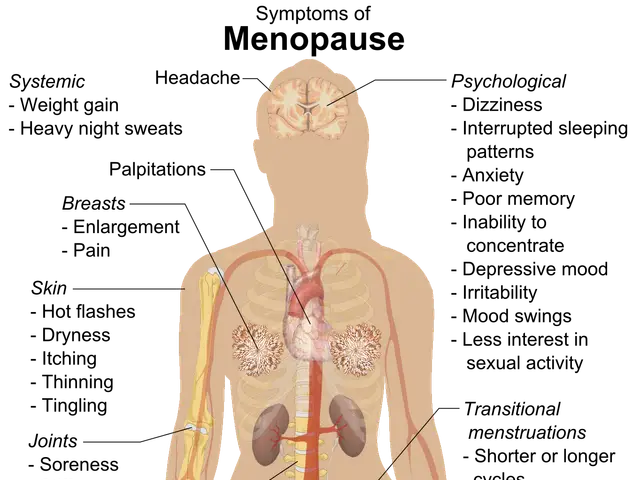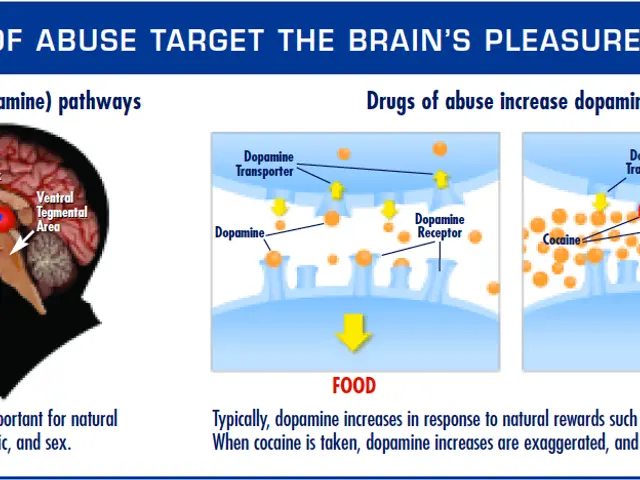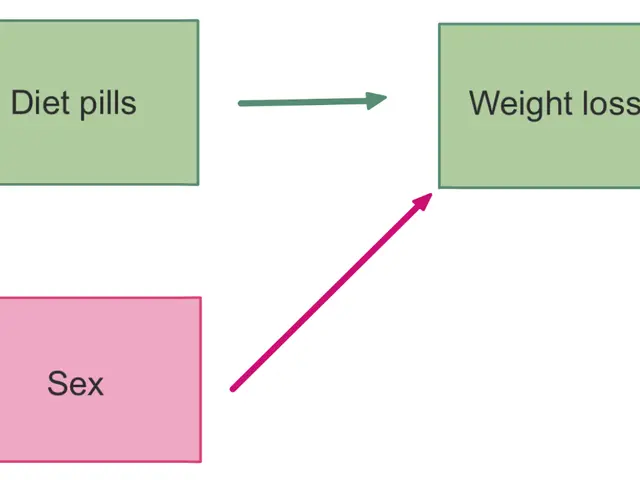Philippine Cities with Highest Obesity Rates Include Davao
The Philippine government is taking decisive action against the "double burden of malnutrition" – a simultaneous occurrence of undernutrition and overweight/obesity – through the implementation of the Philippine Plan of Action for Nutrition (PPAN) 2023-2028. This comprehensive strategy, aimed at improving food security, ensuring access to nutritious food, and prioritizing vulnerable groups, is particularly crucial for regions like Davao, where malnutrition burdens are significant.
In a recent meeting at the Ritz Hotel by Garden Oases in Bo. Obrero, Davao City, Retsebeth Laquihon, RND, of the National Nutrition Council-Davao Region, shared alarming figures. The Davao Region ranks among the top five regions in the Philippines with the highest overweight and obesity rates among adults, with 46.5% of adults aged 20 and above being overweight, almost double the 24% recorded in 2003. Adolescents (aged 10-19) in the same regions, including the National Capital Region, Calabarzon, and Central Luzon, also recorded the highest overweight rates.
The urgency to act is underscored by Laquihon, who emphasized that the choices made today about food and lifestyle will shape the health of the next generation. The PPAN, a six-year framework, aims to reverse the trends of increasing unhealthy weight ranges and related non-communicable diseases among Filipinos of all ages.
The strategy is life-stage focused, targeting the first 1,000 days of life. It involves providing a Package of Services for the First 1,000 Days of Life, a comprehensive manual guiding local government units (LGUs) and private sector partners. This manual outlines essential health and nutrition interventions during pregnancy, newborn, and infancy stages. The approach also engages community units at the barangay level to deliver tailored nutrition interventions and enhances monitoring and evaluation through the Early Childhood Care and Development Reporting System.
The PPAN is guided by principles of equity, sustainability, and community participation, encouraging families to take an active role in improving their own nutrition. It also advocates for legislation to elevate the National Nutrition Council into a National Nutrition Commission to secure increased resources, improved workforce capacity, and better multi-sector coordination.
While specific programs in the Davao Region were not detailed explicitly, the national strategy's use of LGU-level implementation and community engagement indicates that Davao’s local governments are expected to adopt and adapt these guidelines to their context, focusing on early life interventions and comprehensive nutrition services.
Additional efforts include promoting policy advocacy for sustainable nutrition programs and leveraging community engagement to improve dietary practices, prevent undernutrition, and manage emerging obesity trends linked to shifts toward processed foods and sedentary lifestyles.
If left unchecked, malnutrition in all its forms could cost the Philippines $48 billion in productivity by 2030 due to stunting. The PPAN, formulated under the National Nutrition Council and supporting the Marcos Jr. administration's socioeconomic agenda, the Philippine Development Plan 2023-2028, and global commitments such as the Sustainable Development Goals, is a significant step towards addressing this pressing issue.
[1] National Nutrition Council. (2023). Philippine Plan of Action for Nutrition (PPAN) 2023-2028. Retrieved from www.nnc.gov.ph/ppan [2] Department of Health. (2023). National Nutrition Council. Retrieved from www.doh.gov.ph/nnc [3] World Health Organization. (2023). Malnutrition. Retrieved from www.who.int/topics/malnutrition/en/
- Philadelphia government's implementation of the Philippine Plan of Action for Nutrition (PPAN) 2023-2028 is crucial for regions like Davao, which has significant malnutrition burdens and high overweight and obesity rates.
- Retsebeth Laquihon, RND, of the National Nutrition Council-Davao Region, shared that Davao Region ranks among the top five regions in the Philippines with the highest overweight and obesity rates.
- The PPAN advocates for the National Nutrition Council to be elevated into a National Nutrition Commission, aiming to secure increased resources, improve workforce capacity, and better multi-sector coordination.
- To address the pressing issue of malnutrition, the PPAN promotes policy advocacy for sustainable nutrition programs, leverages community engagement to improve dietary practices, and engages local government units in LGU-level implementation and community engagement.







